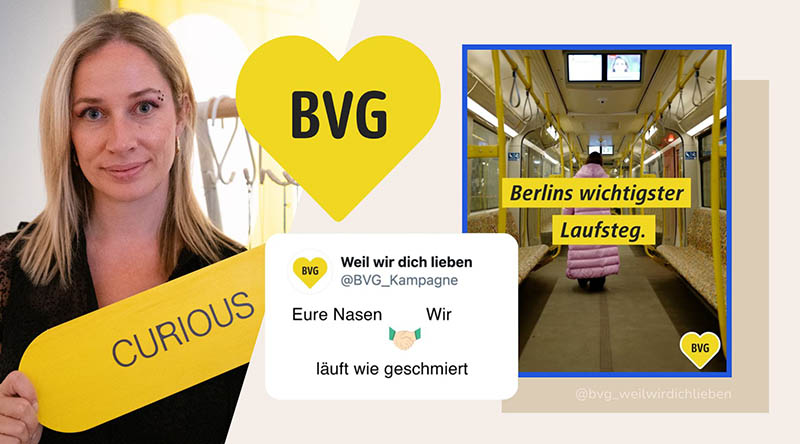Your brand is developing? That's good. But without an identity crisis, please.
Not every change is a rebranding.
Sometimes it's an update. Sometimes a refresh. And sometimes simply a natural next step in brand development.
And yet many are still asking themselves:
"Do we have to rethink everything?"
"We have grown - is the branding still coherent?"
"How far can we change without tearing everything down?"
The honest answer:
You are allowed to develop further. In fact, you should.
But you need to know what you want to take with you - and what you can let go of.

🤝 Iteration instead of loss of identity
If you are working on your design, visual language or language,
because you have evolved as a team, brand or product - this is not rebranding.
That is iteration.
That is: getting better without losing yourself.
👉 Iteration = fine-tuning
👉 Rebranding = rather a new start with a new focus
✏️ Redesign ≠ Rebranding
A new layout on the website?
New font?
Different visual language?
This is all redesign.
Only if your entire brand understanding, your target group or your core promise changes - then we are talking about a real rebranding.
And:
The better your original branding was, the easier it is to adapt individual elements in the future instead of dismantling everything.
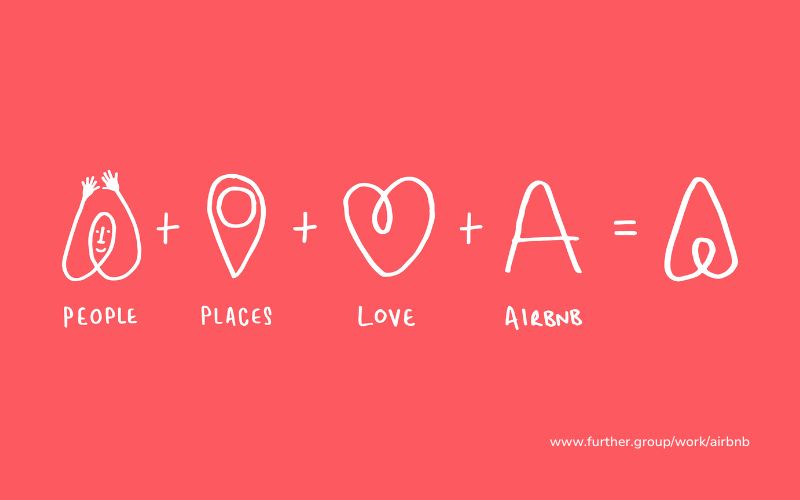
💡 Example: Airbnb
Airbnb rebranded in 2014 - you remember the new logo that created meme fodder back then.
But what came after that?
Small, well thought-out developments time and again.
New fonts, clearer designs, more dynamic campaigns.
The look has changed - but the brand feeling has remained the same: Community, trust, arrival.
Lesson: A strong brand can move without losing its core.
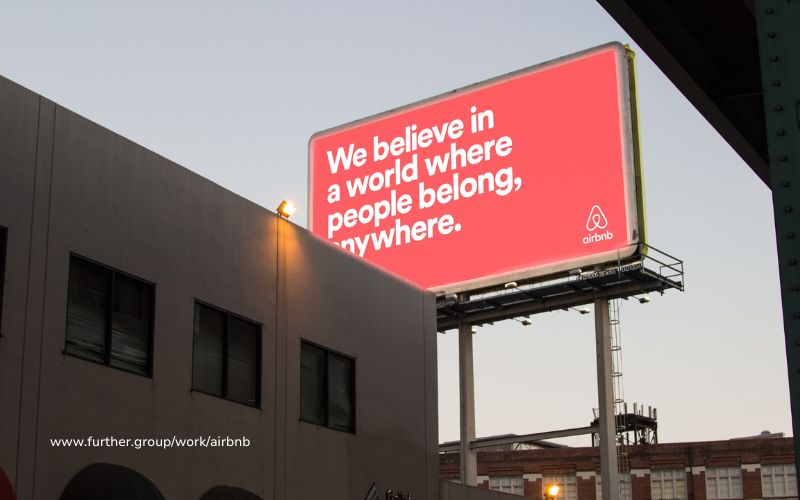
✨ What actually is a rebranding?
Rebranding does not mean:
"We're changing the logo because we don't feel it anymore."
Or: "Our packaging needs an update."
Rebranding means:
👉 Your brand gets a new identity.
👉 The values, the target group or what you stand for change fundamentally.
👉 Everything is reviewed: Name, design, tonality, structure, strategy - because your focus has changed.
It doesn't happen every two years. And not on a whim either.
A real rebranding happens when you realize:
What you were no longer fits with who you are today.
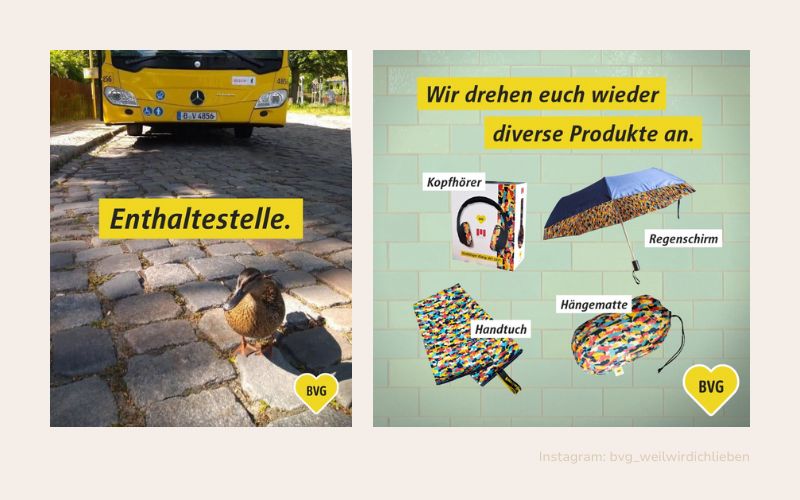
💡 Example: Berliner Verkehrsbetriebe (BVG)
Hardly any other company has been so radically re-perceived in recent years - without changing the product.
They still ride the subway and bus. But the way they present themselves as a brand has completely changed.
- From staid & dusty → to loud, edgy, urban
- Clear claim: #BecauseWeLoveYou
- New tonality: cheeky, self-deprecating, Berliner Schnauze
- Strong campaigns: from Adidas sneaker tickets to honest self-criticism ("I don't care")
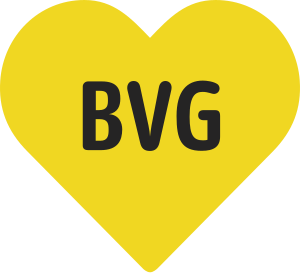
Lesson: You can sell the same product - but if you tell it in a completely different way, you become a completely new brand.
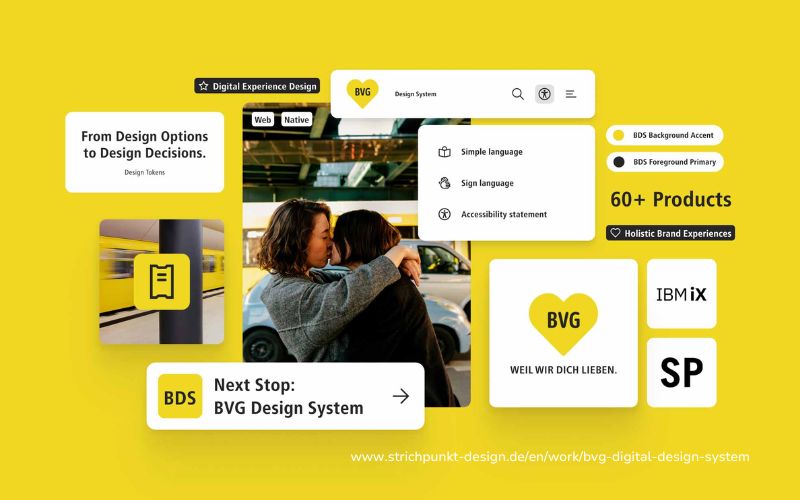
💬 What you can take away from this
✨ Branding is not a rigid system - it lives with you.
✨ Iterations keep your brand fresh without having to reinvent it every time.
✨ If you really know your brand values, you can tweak the look - without anyone thinking you've become someone else.
🏁 Conclusion
Change is important.
But it needs direction.
You don't have to redo everything just because you're evolving.
But you should regularly check whether your branding still matches who you are today.
Because nothing is worse than a brand that overtakes itself - and nobody recognizes it anymore.
See you next week - stay flexible, stay recognizable, stay you.
Chantalle




